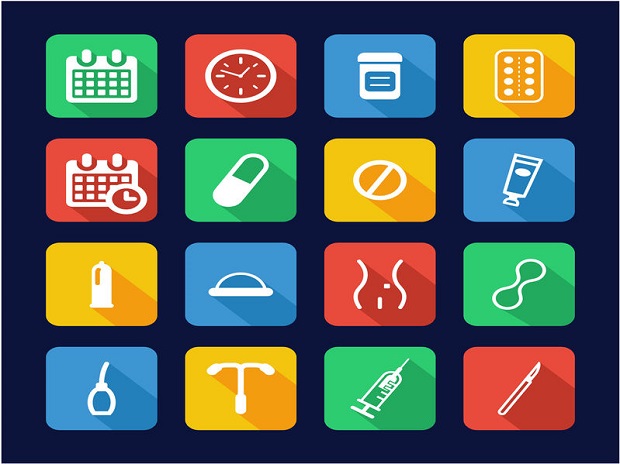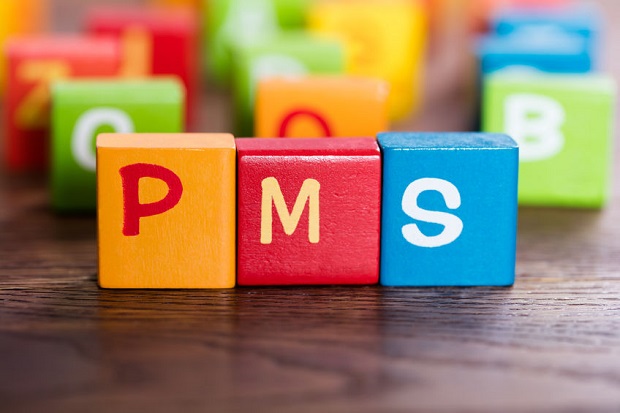
How long does it take from ovulation to implantation?
- Implantation can occur anywhere from 6-12 days after ovulation.
- 84% of women experience ovulation to implantation between 8-10 days. [1]
Jump Ahead
What Is Ovulation?
When your hypothalamus detects low estrogen levels at the beginning of your menstrual cycle, which indicates the absence of a mature egg in the ovaries, the hypothalamus signals the pituitary gland to release the follicle-stimulating hormone (FSH). This hormone tells the follicles, or small sacs containing immature eggs, to start preparing an egg for ovulation. When an egg matures, it produces estrogen, which tells the hypothalamus it’s time to trigger ovulation. The hypothalamus tells the pituitary gland to release luteinizing hormone (LH), which prompts the mature unfertilized egg to leave the ovary and begin its trip down the fallopian tube. This is the moment of ovulation. [2]
How Does Conception Occur?
The egg can survive for approximately 24 hours in the fallopian tube. [3] If it’s fertilized during this period, it resumes its journey down the fallopian tube to the uterus. If it isn’t fertilized, it dies and is absorbed by the uterine lining, which is expelled during the next menstrual cycle. Because sperm can survive for up to five days in the female body, [4] sometimes there is sperm already waiting for the unfertilized egg in the fallopian tube before ovulation even takes place. [5] If intercourse occurs after ovulation, fast-swimming sperm can reach the waiting egg as soon as thirty minutes after intercourse. [6]
- The reported time that sperm can survive inside the female body following intercourse varies from source to source. In a review in Advances in Contraception, the official journal of the Society for the Advancement of Contraception, author A Ferreira-Poblete reports that survival times for sperm have been estimated at 1.4 days. In addition, sperm would have a 5% probability of surviving more than 4.4 days and a 1% probability of surviving more than 6.8 days. [7]
Implantation – The Final Destination
Once the sperm meets the egg and conception occurs, the resulting blastocyst finishes the journey to the uterus and implants into the uterine lining. [8] Soon after implantation occurs, the embryo begins producing human chorionic gonadotropin (hCG), a key pregnancy hormone. hCG is also the hormone that pregnancy tests detect. [9] Implantation can occur anywhere from six to 12 days after ovulation, with it taking an average of 8 to 10 days. [10] However, it can take a couple of days after implantation for the body to produce sufficient levels of HGC for pregnancy tests to measure. It’s generally recommended that women begin testing for pregnancy approximately ten days after conception. [11]
Resources
- [1] [10] Wilcox, AJ. The New England Journal of Medicine – “Time of implantation of the conceptus and loss of pregnancy.”
- [2] American Pregnancy Association – “What Is Ovulation?“
- [3] WebMD – “Conception & Pregnancy: Ovulation, Fertilization, and More.”
- [4] Mayo Clinic – “Sperm: How Long Do They Live After Ejaculation.”
- [5] Planned Parenthood – “How Does Pregnancy Happen?“
- [6] WebMD – “From Egg to Embryo.”
- [7] Ferreira-Poblete A; Advances in Contraception – “The probability of conception on different days of the cycle with respect to ovulation: an overview.”
- [8] Cleveland Clinic – “What Is a Blastocyst.”
- [9] Medscape – “Human Chorionic Gonadotropin (hCG.”
- [11] Cleveland Clinic – “Pregnancy Tests.”
DISCLAIMER: THIS WEBSITE DOES NOT PROVIDE MEDICAL ADVICE
The information, including but not limited to text, graphics, images, and other material on this website, is for informational purposes only. No material on this site is intended to be a substitute for professional medical advice, diagnosis, or treatment. Always seek the advice of your physician or other qualified healthcare providers with any questions you may have regarding a medical condition or treatment before undertaking a new healthcare regimen, and never disregard professional medical advice or delay in seeking it because of something you have read on this or any other website.





